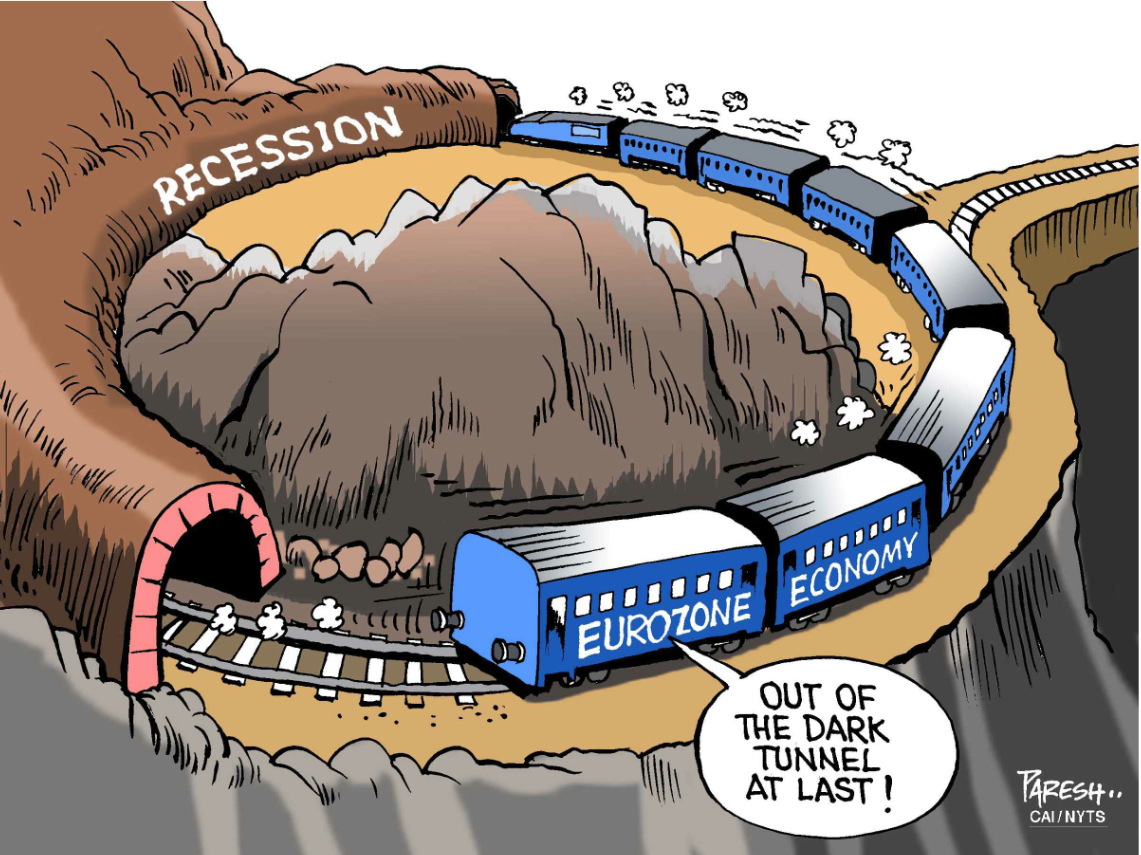The European economic crisis refuses to go gently into the night. As 2015 opens, Europe represents "the biggest economic threat" to the fragile global recovery, as the Economist magazine puts it. Few would dispute this assessment. There are two overarching problems.
The first is (you guessed it) Greece. The parliament's inability to elect a new president has triggered an election in which the left-wing Syriza party is leading in the polls. Its agenda is to repudiate many of the austerity measures taken as conditions for the massive bailouts from other members of the eurozone (the 19 countries that use the euro) and the International Monetary Fund.
The danger is that if Greece and its creditors can't agree, Greece would leave the eurozone and adopt its own money. The change would be disruptive and would raise fears that other debtors (Portugal, Spain, Italy) would be forced to follow suit. Then, turmoil would intensify, as contracts were rewritten and the stability of new national currencies was questioned.



